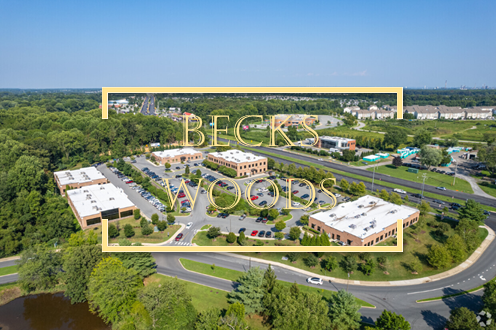In 2017, more than 11 million individuals were renting an apartment in the United States. But the pandemic is transforming the commercial real estate sector in many different ways. In this article, we explore the trends to watch out for in the coming years.
Changes in Building and Construction
After the pandemic, property managers have been looking for solutions to manage costs. Before, property prices for building new apartments were high. Those expenses have since become unsustainable for investors.
Additionally, property managers have to address crowding in apartments. Congestion is forcing tenants to move to remote locations to find housing options with more conducive spaces.
Enhancing the Tenant’s Experience
One of the factors influencing the changes in new apartment construction is to improve the tenant’s experience. The challenges of the pandemic are prompting property managers to improve engagement with tenants.
To enhance the tenant’s experience, managers have to change how they handle incidences. Refining communications is essential to maintaining good relations with customers. That may involve the application of business tools to boost engagement and the client’s experience.
The Application of Digital Tools
In the past, managers were utilizing different software applications for running the business. Some of the records would be in the form of spreadsheets, and the rest in hard copy. In those circumstances, making software updates and retrieving information could be cumbersome.
Cloud solutions can be valuable for both tenants and property owners. Individuals looking for rentals can make an application conveniently online. Such options make it easier for managers to get clients in the climate of the pandemic.
Integrating Smart Building Features
A smart building has a network of devices that link to the water pump, HVAC unit, fire alarms, and lighting fixtures. Advanced digital features reduce the repetitive task of checking on the various systems. Therefore, automation cuts down expenses for owners seeking to rent an apartment.
Utilization of Business Intelligence
While cloud solutions make it easier to update and retrieve information, business intelligence provides the bigger picture. It refers to the collection, analysis, and application of data to boost business operations.
Business Intelligence (BI) allows managers to gain insights into real estate administration without complex configurations. The application of BI in property management is primarily for financial and tax processing.
Significant Shifts in Demographics
Real estate experts are anticipating a demographic shift in the future. From a market dominated by millennials, the focus is moving towards generation Z. They are young tenants who grew up with technology and are likely to be underemployed.
Also known as Zoomers, they are receptive to novel concepts when looking for a new apartment. Some statistics suggest that more than 90% are looking to buy a house in the future. That means property managers have to rethink their offering to appeal to Generation Z.
The real estate market is constantly changing, ushering in exciting housing concepts for a younger market. However, it is safe to say that technology will play a significant role in shaping the sector. Managers can take advantage of those tools to gain a competitive advantage.




